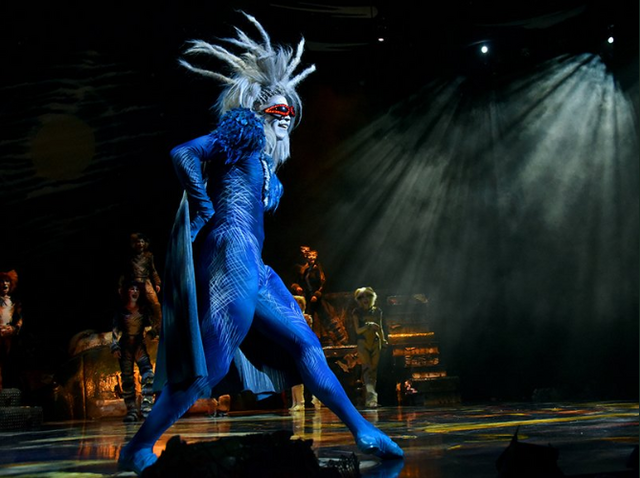

Sometimes that failure is just that she’s old or she flies away. That was summer of 2019, and the book got picked up (again, after years of a different structure and so many false starts) pretty quickly once it found its way.īeekeeping is so powerful as a metaphor! You requeen a hive when the queen fails. Within it there are several manuscripts that were once chapbooks and such, but honestly once I realized they could hang on the life cycle or structure of the hive, I stopped revising.

The final product of Requeening is marvelous-so much thought and care!Īmanda Moore: It is an actual beekeeping term, Brian! You can tell such a different story just by re-ordering.

#Rumpus cat how to
Kimberly Sailor: Thank you for this! The process of jigsawing together chapbooks and manuscripts is exciting and frustrating and overwhelming and satisfying-which poems to include and how to start/end. It meant shedding lots of other poems, of course, but once I saw the outline, the book came together!īrian S: Is requeening an actual beekeeping term or a word you created? Because it seems perfect regardless. She said “Well, hives collapse,” and all of the sudden I knew how to fit it together. It wasn’t until I worked with Aimee (again! praise her!) and was complaining that the illness/grief poems didn’t belong in the same place as the baby/motherhood poems that it fell into place. In the course of all those bee poems, I have love poems and anti-love poems, poems of early parenting and teen parenting, and I took a lot of stabs at separate manuscripts over the years. The framework for the book came from years of writing bee poems, which I started when I was in graduate school.īrian S: For what it’s worth, I have a grown one and a set of seven-year-old twins (who just got their first vaccinations this week!) and felt every line of that poem in my skin.Īmanda Moore: I have tons of bee poems from over twenty years of writing and living… When I was trying to put together a manuscript I really struggled with poems from such a wide span of time. I miss those early anguishes now that I have a teen. Like, it was tough and awful and glorious and wonderful all at once. She introduced us to the form, and I knew I wanted to write about the very things you’re talking about.īrian S: Aimee is so wonderful, as a poet and a teacher and a human being.Īmanda Moore: I feel such conflicting feelings around motherhood, and that seemed a good vehicle. How many poems did you write before thinking, hey, these could work in a collection? Did the bee framework come early in the process, toward the end, perhaps even first? Thanks!Īmanda Moore: Ah! I started “Palinode” in a summer workshop with Aimee Nezhukumatathil. Talk to us about the concept for Requeening. I love your devastating out-of-left-field last lines. Kimberly Sailor: Hi Amanda! I first read your work in Sixfold. Can you talk some about how that poem came to be? This Rumpus Poetry Book Club interview was edited by Brian Spears.īrian S: I wanted to begin with the poem I wrote about when we introduced this book as a Poetry Book Club selection, “Palinode.” Especially the idea that what’s expected is that parents, mothers especially, are supposed to only adore every moment with their precious babies and yet some of this stuff is really hard. Upcoming poets include Cynthia Dewi Oka, Matthew Olzmann, Jennifer Huang, Angel Dominguez, Jos Charles, and more. To join the Rumpus Poetry Book Club, click here. Every month the Rumpus Poetry Book Club hosts an online discussion with the book club members and the author, and we post an edited version online as an interview. This is an edited transcript of the book club discussion. The Rumpus Poetry Book Club chats with Amanda Moore about her debut collection Requeening (October 2021), writing about one’s children, hive collapse, and how translation can affect your creative process.


 0 kommentar(er)
0 kommentar(er)
